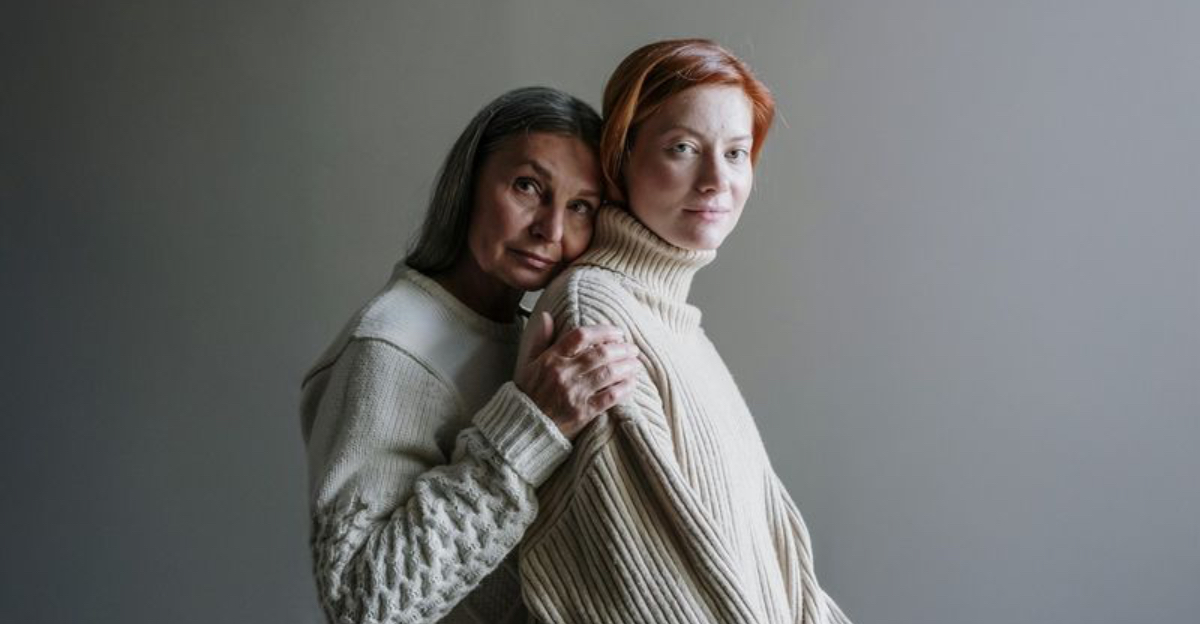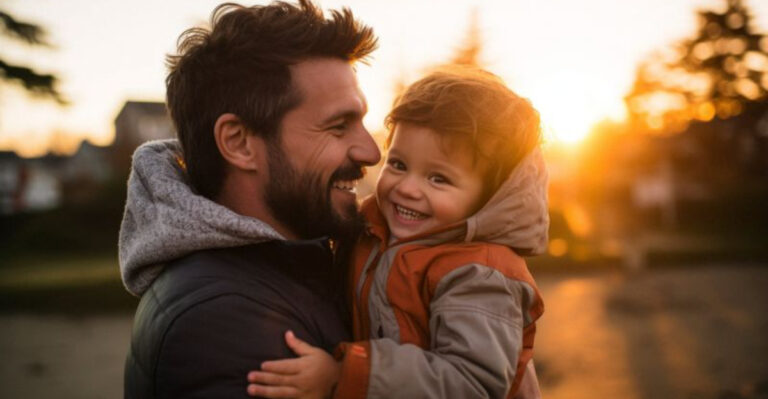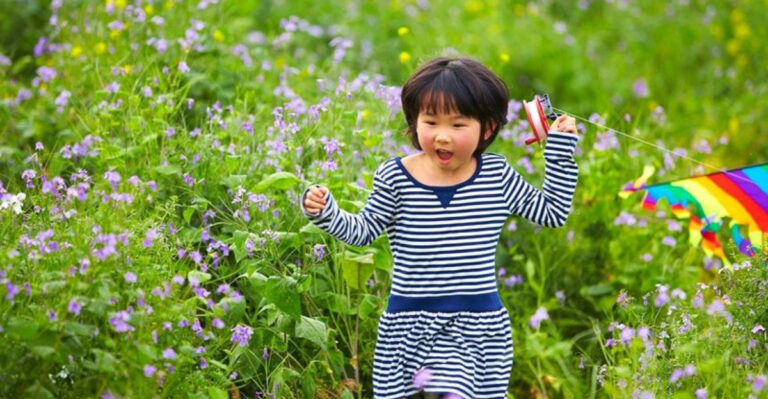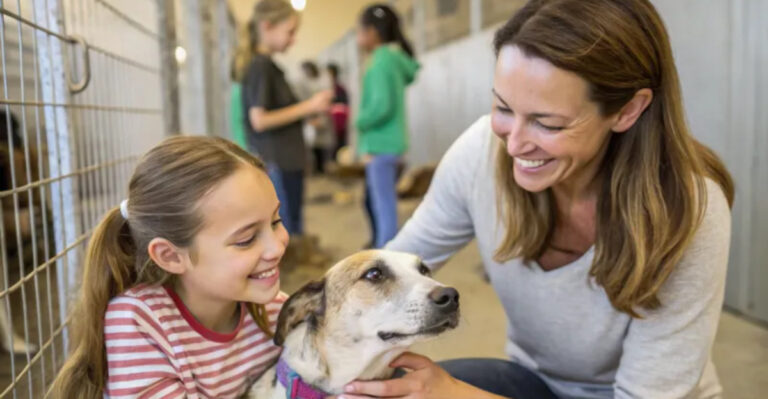17 Things Millennials Wish Their Parents Had Done Differently
Every generation has its gripes with the one before—but Millennials have a unique list. Raised during rapid tech shifts, rising costs of living, and changing cultural norms, many are now looking back and realizing there were things they needed that just weren’t there.
It’s not about blame—it’s about understanding. From emotional validation to financial guidance, there are key areas where many Millennials feel their parents, despite best intentions, missed the mark. Now that they’re adults—some raising kids of their own—they’re reflecting on those gaps and striving to do better.
These 17 honest truths offer insight into what Millennials wish had been different growing up—and how those experiences shaped the way they love, work, and parent today.
Some of these might hit close to home. Others might surprise you. Either way, they open the door to deeper empathy, healing, and breaking old patterns for good.
1. Talked more openly about emotions

We learned how to suppress, not express. Vulnerability wasn’t modeled, so now we’re unlearning silence. Emotions were treated like unwanted guests, never asked to stay. We craved conversations that allowed us to explore our feelings openly.
In my head, those words swirled like a whirlwind, but my lips stayed sealed. Imagine feeling like you’re shouting underwater, unable to reach the surface. That was the emotional landscape for many of us.
By opening up, we heal wounds we didn’t even know we had. A simple “How are you feeling?” could have been a lifeline. We’re learning the language of emotions, one word at a time, hoping to pass it on to future generations.
2. Listened without immediate judgment or correction

Sometimes we just needed to be heard—not fixed, scolded, or compared. Our voices felt as fragile as a whisper in a storm, often drowned out by the noise of judgment.
Imagine a world where our thoughts could dance freely without the shackles of immediate correction. We wanted our opinions to matter, even if they differed from yours.
Listening is more than hearing words; it’s about understanding the unsaid. When we talk to our parents now, we hope for a space where our ideas can grow, not be squashed like unruly weeds. We’re hopeful that our relationships will bloom with the nourishment of patience and understanding.
3. Allowed us to explore who we were—without shame or pressure

From careers to identity, we wish we’d had space to figure it out, not just fit in. Imagine having a garden of potential, but only being allowed to plant what’s familiar.
We wanted to chase dreams like wild horses, not be corralled into predetermined paths. Our identities were budding artists, scientists, and storytellers, waiting for the sun of encouragement.
Pressure often felt like an invisible weight, pushing us down, while we longed to soar. Exploring who we were meant freedom to stumble, learn, and grow without the fear of disappointing you. We hope to break free from the cages of expectation, embracing the thrill of authentic self-discovery.
4. Taught us more about money—beyond “just save”

Budgeting, debt, credit, taxes—many of us had to figure out financial literacy the hard way. Picture being handed a map with missing roads, trying to navigate the complex world of finance.
Money was a mystery, a puzzle with missing pieces that we had to find ourselves. We wish for guidance that extended beyond piggy banks and rainy days.
Financial literacy is like learning a language—a skill that opens doors to independence and security. We’re teaching ourselves the nuances of interest rates and investment, hoping to pave a smoother path for those who follow. Our dream is to plant seeds of financial wisdom that will flourish in a world where money empowers, not enslaves.
5. Prepared us for emotional independence—not just academic success
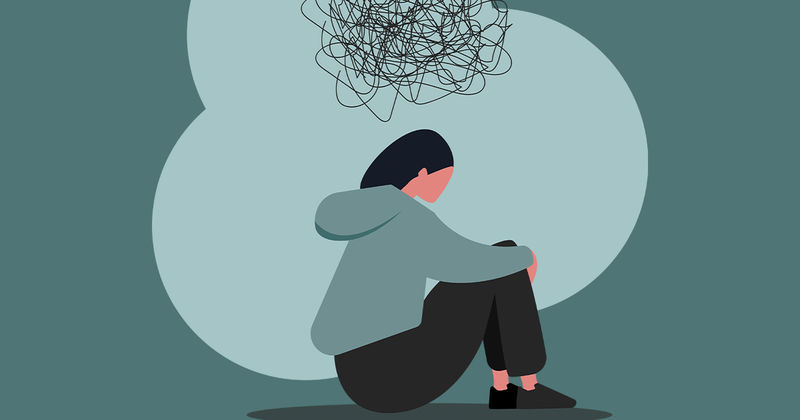
Straight As don’t mean much if you don’t know how to self-soothe or set a boundary. Imagine being armed with diplomas and degrees but feeling unprepared for the emotional battles of life.
Emotional independence is the armor we wish we had been given, along with our cap and gown. The skills to navigate stress, set boundaries, and find inner peace were often overshadowed by academic achievements.
Education is important, but emotional growth is the foundation for a fulfilling life. We’re learning to balance the scales, nurturing our souls alongside our intellect. Our hope is to create a future where emotional resilience is celebrated as much as academic accolades.
6. Stopped worrying about “what people would think”

So many life choices were filtered through reputation, not authenticity. We felt like actors in a play, performing for an audience we didn’t choose.
The fear of judgment was a shadow that loomed large, dictating our actions. Imagine living under a spotlight, where every move is scrutinized and critiqued.
We wanted to live boldly, expressively, without the chains of others’ expectations. Authenticity is the anthem we’re learning to sing, loud and proud. By choosing our own path, we’re breaking free from the constraints of societal approval, hoping to inspire others to dance to their own rhythm.
7. Apologized when they were wrong

A simple “I’m sorry” could have done wonders for healing and mutual respect. Imagine a bridge built on trust and understanding, instead of pride and denial.
Apologies are the glue that mends the cracks in relationships, allowing us to walk together towards healing. We yearned for moments where humility would pave the way for deeper connections.
In choosing to apologize, we show strength, not weakness. Our bonds grow stronger with every admission of fault, creating a tapestry of love and respect. We’re learning to embrace our imperfections, hoping to model vulnerability and integrity for future generations.
8. Created safe spaces to talk about mental health

Instead, many of us grew up thinking anxiety was laziness and depression was weakness. Imagine battling invisible monsters without the tools to fight or the words to describe them.
Mental health was a silent scream, echoing in the chambers of our minds. We wanted to break the stigma, to have conversations that illuminated the shadows within.
Creating safe spaces for mental health is like opening windows in a stuffy room, letting in fresh air and light. We’re working to dismantle the walls of silence, building a world where mental well-being is nurtured and understood.
9. Taught us boundaries by respecting ours
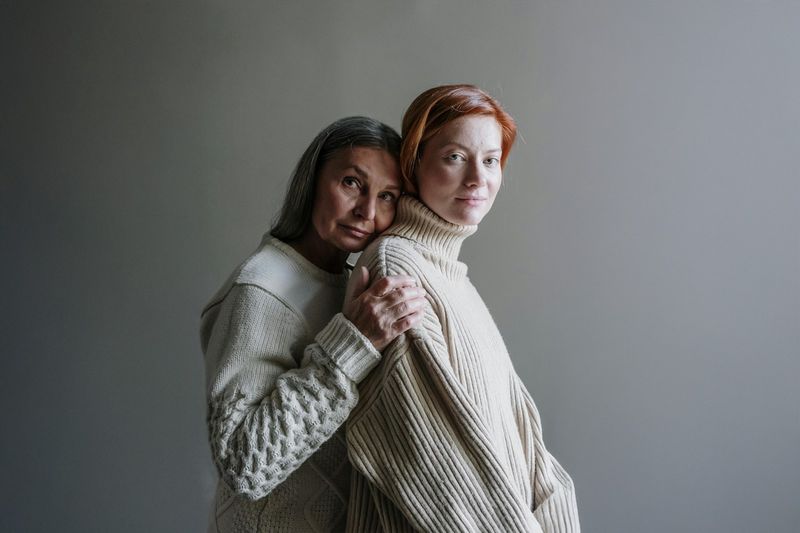
It’s hard to enforce healthy boundaries when we were never allowed to have them growing up. Boundaries felt like invisible lines drawn in shifting sands, hard to maintain and easy to cross.
Respecting boundaries is the cornerstone of healthy relationships, teaching us to value ourselves and others. We wish for a world where “no” is met with understanding, not resistance.
Learning to set boundaries is an ongoing journey, like building a fence to protect a precious garden. We’re nurturing the growth of respect and autonomy, hoping to create a legacy of empowered, boundary-aware individuals.
10. Let us choose our own version of success

College, marriage, kids, house—some of us wanted different dreams, and wish that had been okay. Success isn’t one-size-fits-all; it’s a patchwork quilt of dreams and aspirations.
Imagine being given a blueprint for life, only to realize your vision is a colorful mosaic, not a monochrome design. We longed for the freedom to define success on our terms.
Our paths may be winding and uncharted, but they’re uniquely ours to walk. We’re embracing the beauty of diverse success stories, hoping to inspire a future where every achievement is celebrated, no matter how unconventional.
11. Avoided repeating generational trauma “because that’s how I was raised”
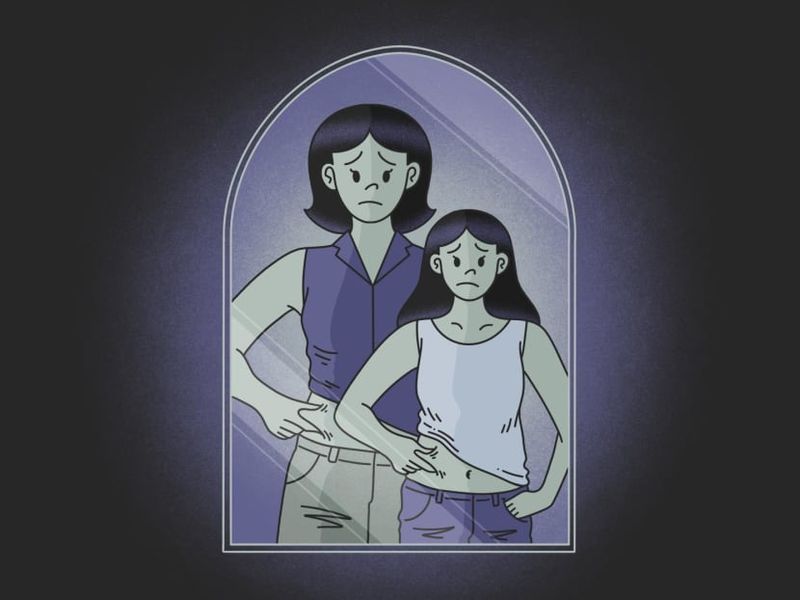
We needed evolution, not tradition for tradition’s sake. Generational trauma is like a shadow, following each new generation unless we choose to step into the light.
Imagine carrying a backpack filled with stones, not realizing you can put it down. We desired to break the cycle, to create a future unburdened by the past.
By confronting generational trauma, we’re choosing growth and healing over repetition. We’re courageously charting new paths, hoping to pass on lighter, brighter legacies. Our hope is to transform the echoes of the past into a symphony of positive change.
12. Encouraged emotional expression in boys as well as girls

Toxic masculinity starts early—and we wish our brothers, dads, and sons had been allowed to feel. Emotions were often hidden beneath the armor of stoicism, a facade of strength.
Imagine a world where boys were encouraged to express joy, sorrow, and everything in between. We wanted emotional freedom to be a universal right, not a gendered privilege.
By nurturing emotional expression, we’re cultivating a culture of empathy and understanding. We’re dismantling the barriers of toxic masculinity, hoping to raise a generation of emotionally intelligent, compassionate individuals.
13. Supported us through failure—instead of making us fear it

Fear of disappointing you still follows some of us well into adulthood. Failure was a shadow, looming large, whispering tales of inadequacy.
We longed for support, not avoidance, when things didn’t go as planned. Imagine falling and being met with open arms, not crossed arms of disapproval.
Failure is a stepping stone, not a dead-end. We’re redefining our relationship with failure, learning to embrace it as a teacher. By fostering a culture of resilience, we’re paving the way for courage and innovation.
14. Modeled self-care and balance

We watched you burn out trying to “do it all.” We’re still learning how not to do the same. Imagine a life where balance isn’t a juggling act, but a harmonious dance.
Self-care is the melody we’re learning to play, tuning our lives to the rhythm of well-being. We wanted to witness the art of balance, to see it modeled as a priority, not a luxury.
In embracing self-care, we’re choosing to thrive, not just survive. We’re crafting lives that resonate with peace and fulfillment, hoping to pass on the legacy of balanced living.
15. Let go of control sooner

We needed guidance—not helicoptering. Trusting us would have built more confidence. Imagine being a bird with clipped wings, yearning to soar but kept grounded.
Letting go isn’t about abandonment; it’s about empowering us to fly. We wanted the freedom to make mistakes, to learn and grow from them.
By loosening the reins, you gift us the confidence to navigate the world with assurance. We’re embracing the thrill of independence, hoping to inspire a future of confident, self-reliant individuals.
16. Talked to us like people, not projects

We wanted connection, not perfection. And we wish we’d had more heart-to-hearts than lectures. Imagine being a canvas, constantly painted over with expectations.
Conversations are the brushstrokes that paint the masterpiece of relationships. We longed for dialogues filled with warmth, understanding, and mutual respect.
By choosing to connect, we create bonds that are vibrant and enduring. We’re cultivating relationships built on love, not perfection, hoping to inspire a legacy of authentic communication.
17. Recognized that respect goes both ways
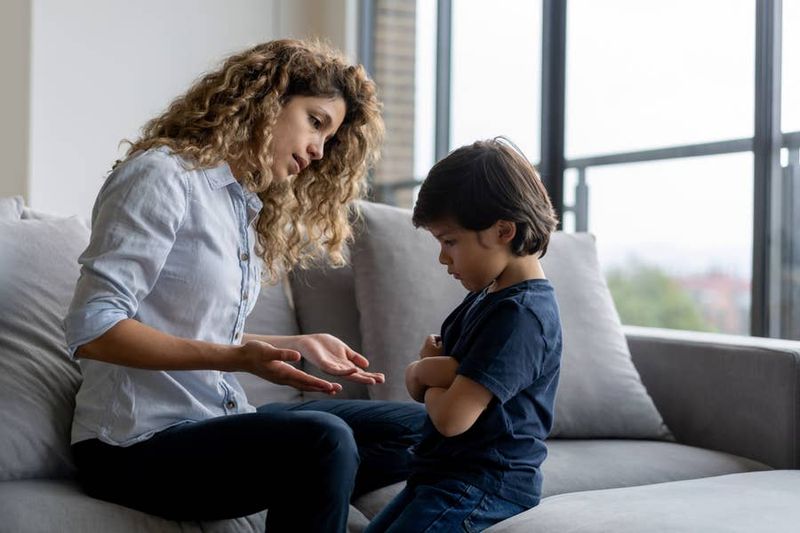
We grew up being told to “respect our elders,” but we craved mutual understanding—not fear-based obedience. Respect felt like a one-way street, leading to a dead-end.
Imagine a world where respect flows in all directions, like a gentle breeze nurturing all it touches. We wanted relationships where respect was earned, not demanded.
By fostering mutual respect, we’re creating spaces where everyone feels valued and heard. We’re building bridges of understanding, hoping to inspire a future where respect is the foundation of all interactions.

